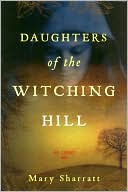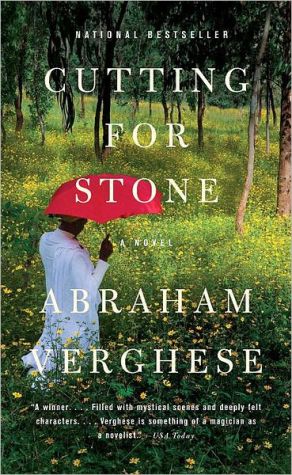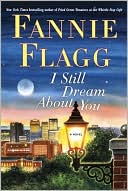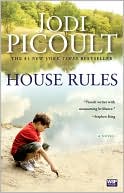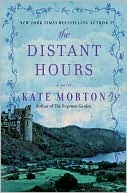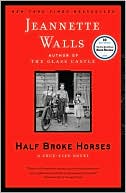Daughters of the Witching Hill
Search in google:
In Daughters of the Witching Hill, Mary Sharratt brings history to life in a vivid and wrenching novel of strong women, family and betrayal inspired by the 1612 Pendle witch trials. Bess Southerns, an impoverished widow, lives with her children in a crumbling old tower in Pendle Forest. Drawing on Catholic ritual, medicinal herbs, and guidance from her spirit-friend Tibb, Bess heals the sick and foretells the future in exchange for food and drink. As she ages, she instructs her best friend, Anne, and her granddaughter, Alizon, in her craft. Anne ultimately turns to dark magic, while Alizon struggles to accept the power she has inherited and dreams of a simpler life. But when a peddler suffers a stroke after exchanging harsh words with Alizon, a local magistrate tricks her into accusing her family and neighbors of witchcraft. Suspicion and paranoia reach frenzied heights as friends and loved ones turn on one another and the novel draws to an inevitable conclusion.Publishers WeeklyThe 1612 Lancashire, England, witch trials that resulted in nine executions inspires Sharratt’s gorgeously imagined novel that wonders if some of the accusations of witchcraft might be true. Sharratt (The Vanishing Point) focuses on the Southerns family of Pendle Forest. Widowed mother Bess Southerns tries to save her family from bleakest poverty by healing the sick, telling fortunes, and blessing those facing misfortune, conjuring “charmes” that combine forbidden Catholic ritual, medicinal herbs, and guidance provided by her spirit-friend, Tibb. Though Bess compassionately uses her powers, her granddaughter, Alizon, unwittingly endangers her family while under the interrogation of a conniving local magistrate. Sharratt crafts her complex yet credible account by seamlessly blending historical fact, modern psychology, and vivid evocations of the daily life of the poor whose only hope of empowerment lay in the black arts. Set in forests and towers, farms and villages, deep in a dungeon and on the gallows, this novel grows darker as it approaches its inevitable conclusion, but proves uplifting in its portrayal of women who persevere, and mothers and daughters who forgive. (Apr.)
